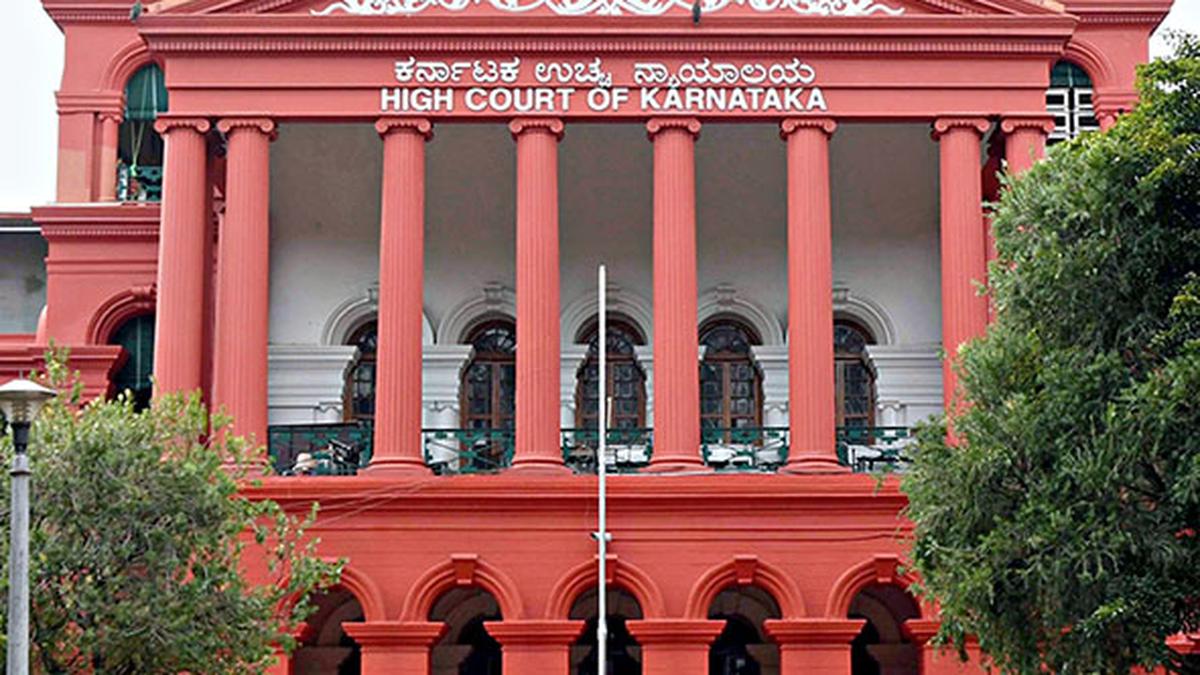 |
|
The case involving Nina Kutina, a Russian woman discovered residing in a cave in Gokarna, India, and her two minor daughters, Prema and Ama, has taken a complex legal turn. The Central government has informed the Karnataka High Court that it has not yet made a decision regarding the deportation of the two children. This announcement came during a hearing concerning a petition filed by Dror Shlomo Goldstein, the children’s Israeli father and Ms. Kutina’s former husband. The core of the matter revolves around the lack of proper documentation for the younger daughter, Ama, which is currently preventing any immediate deportation action. Goldstein's petition specifically seeks to prevent the immediate deportation of his daughters and also aims to secure visitation rights and ultimately, custody of the children who are currently being held in a detention center. The Additional Solicitor-General of India, Arvind Kamath, representing the Central government, argued that since Ama lacks birth records and travel documents, the father’s fears about immediate deportation are currently unfounded. The High Court has granted the Central government two weeks to formulate its official position on Goldstein’s requests, stipulating that if any deportation proposal arises before the next hearing on August 18, the court must be notified. This case highlights the intricate legal and humanitarian challenges that arise when international family law intersects with immigration regulations. The well-being of the children is obviously paramount, and the court's intervention seeks to ensure that their rights are protected amidst this complicated situation. The location of the mother, Nina Kutina, is also a major consideration. Her current legal status and ability to care for the children are undeniably intertwined with the court's pending decisions. The case further demonstrates the complexities of international parental rights and the procedures involved in determining child custody across national borders. Ensuring a fair and just resolution that prioritizes the children's best interests is the ultimate goal for all involved.
The legal arguments presented before Justice S. Sunil Dutt Yadav are crucial to understanding the unfolding events. Goldstein's petition is essentially a preemptive measure, designed to safeguard his children from potential deportation and to establish his parental rights in a foreign jurisdiction. The Central government's initial stance, while not entirely dismissing the possibility of future deportation, emphasizes the current lack of the necessary paperwork for such action, specifically regarding Ama. This procedural hurdle buys time for all parties involved, enabling further investigation and legal consideration. The court's decision to grant a two-week period for the Central government to solidify its position indicates a cautious approach, prioritizing due diligence and careful consideration of all relevant factors. This interim period will likely involve scrutiny of Nina Kutina's immigration status, the children's citizenship status, and the legal framework governing child custody disputes involving foreign nationals. The absence of birth records and travel documents for Ama presents a significant legal challenge, potentially requiring further investigation to establish her identity and nationality. The role of the detention center in this scenario is also noteworthy. While it provides a temporary safe haven for the children, it also underscores the restrictive environment in which they are currently residing. Balancing the need for their safety and well-being with their right to a normal childhood is a critical consideration for the court and relevant authorities. The court's directive that it be notified of any potential deportation plans highlights the judiciary's oversight role in safeguarding against potential abuses of power and ensuring adherence to legal procedures.
The underlying humanitarian aspect of this case should not be overlooked. The children, Prema and Ama, have been thrust into a situation far beyond their understanding, caught between legal battles and international complexities. Their well-being and emotional stability are of utmost importance, and any decisions made should prioritize their best interests. Goldstein's desire to meet his children and assume custody reflects a paternal bond that the court must carefully consider. Granting him visitation rights could provide the children with much-needed emotional support and stability during this turbulent time. The conditions within the detention center and the level of care provided to the children are also essential factors. Ensuring that they have access to appropriate food, shelter, healthcare, and educational opportunities is crucial to mitigating the potential negative impact of their current circumstances. The role of consular services from both Israel and Russia could also be instrumental in resolving this case. Providing legal assistance and advocacy for their respective nationals can help navigate the complex legal landscape and ensure that all parties are treated fairly and equitably. Ultimately, the resolution of this case will depend on a delicate balancing act between legal procedures, international regulations, and humanitarian considerations. Prioritizing the children's well-being and ensuring a fair and just outcome for all involved is the ultimate objective. The case of Nina Kutina and her daughters serves as a poignant reminder of the human element at the heart of immigration law and the importance of upholding the rights and dignity of all individuals, especially vulnerable children.
